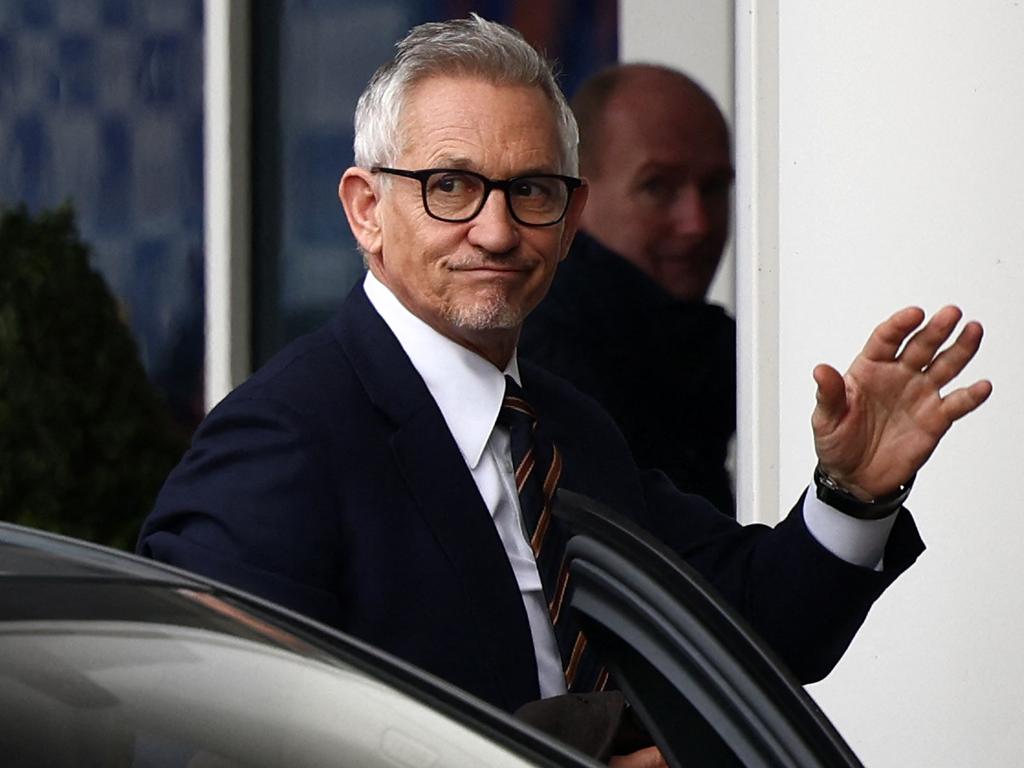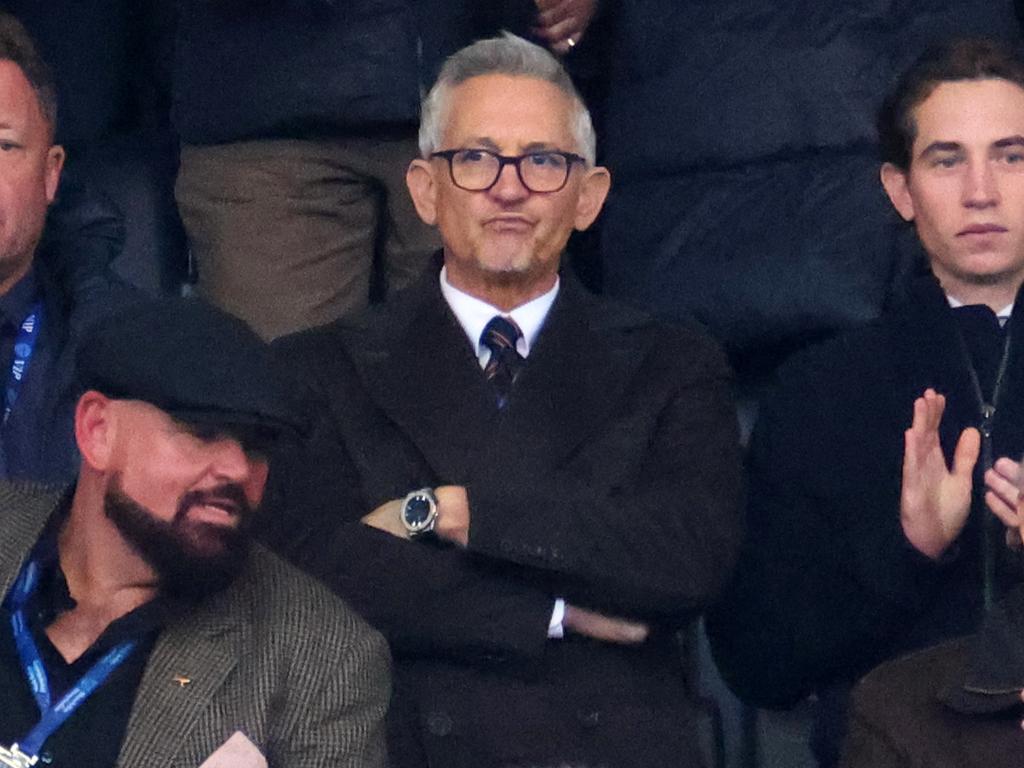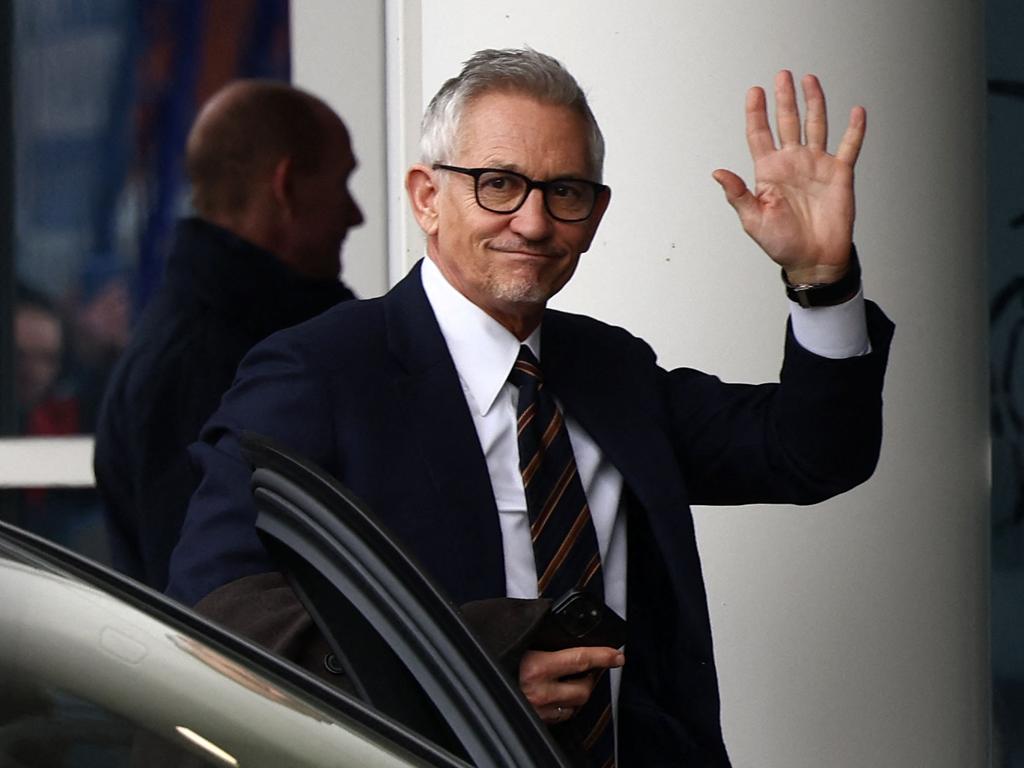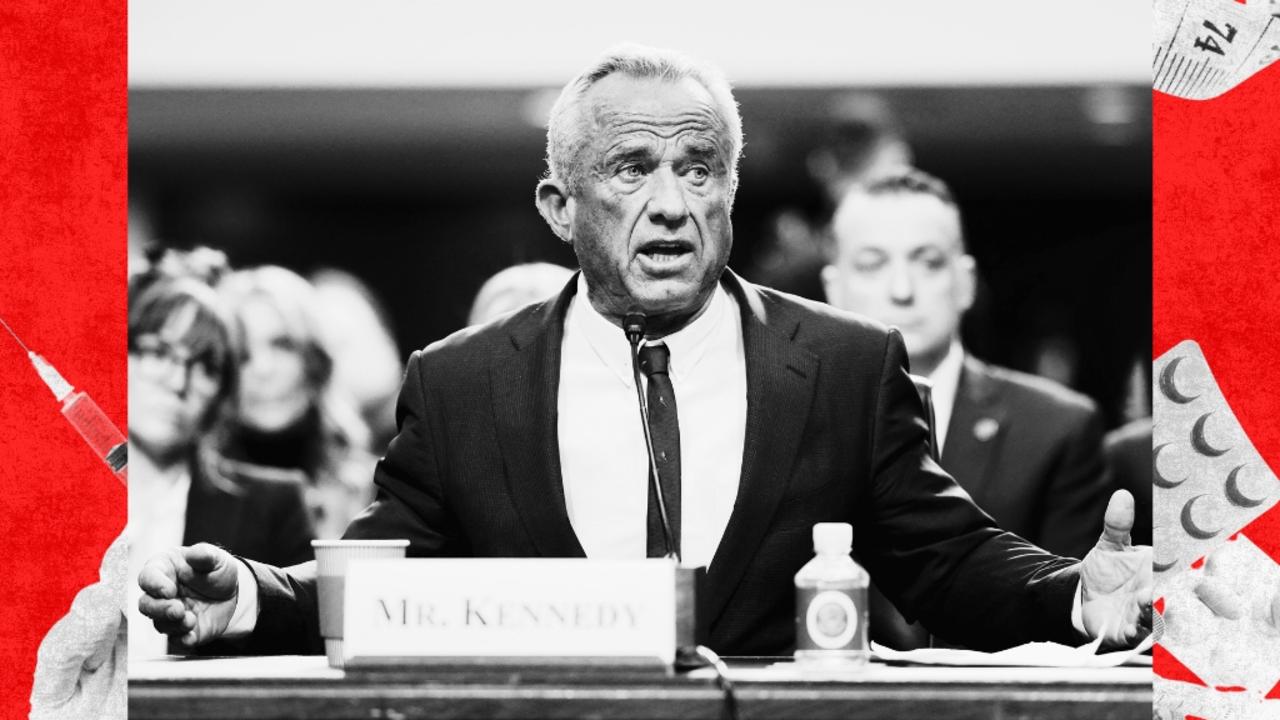Gary Lineker’s crime is oversharing, and we’re all at it
In age of social media it is harder to keep views private, especially when we treat tweets as seriously as government policy.
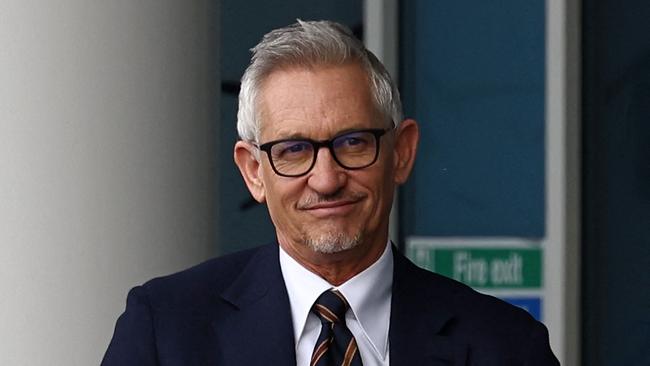
Most people today, I’d expect, probably think David Icke got sacked by the BBC for going completely mad and saying the world was about to end. Right? Kids, ask your parents. It’s the early 1990s, and one moment he’s a top BBC sports presenter fronting shows such as Grandstand. Then all of a sudden he’s on Wogan in a turquoise shellsuit. “Are you the son of God?” asks Terry. “Yes,” says Icke. Boom. Gone. Not the Messiah. Just a very naughty boy.
This is not what happened. Icke had already been sacked after leading a boycott of the poll tax. For two whole years before that he’d combined his BBC sports presenting duties with also being a spokesman for the Green Party, which at that point was telling us the UK population should be reduced by 25 million. No doubt BBC bigwigs had long felt this suboptimal from the guy who was also telling us what was going on with, say, Albion Rovers. The crunch, though, took a long time to come.
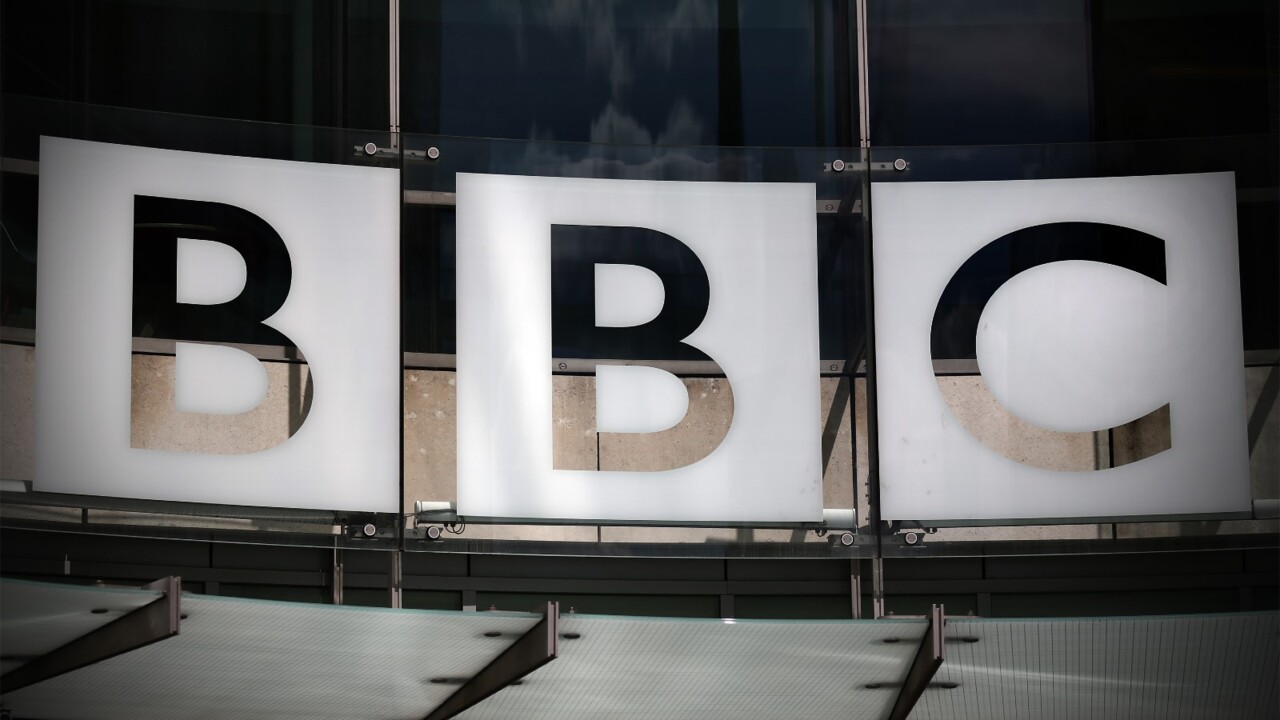
Similarly, quite a lot of people are under the impression that Gary Lineker woke up one morning last week and thought to himself, “This morning, I shall get on my soapbox and say the government are Nazis.” This, also, is not what happened. In fact, he tweeted initially to call Suella Braverman’s migration policy “beyond awful”. The storm came from a subsequent tweet about “language that is not dissimilar to that used by Germany in the 30s”.
This was crass, because Nazi comparisons always are. Little acknowledged, though, is that this tweet simply wasn’t the same sort of tweet as the first one. Rather, it was a reply to somebody else with hardly any followers, who had first replied to him. Or, for anybody who wisely gives Twitter a wide berth, the crucial point is this: Lineker very possibly expected hardly anybody to see it.
Does this matter? Should it? You may feel not, because the cat was put among the pigeons either way. Consider, though, in a comparison between Lineker and Icke, how much easier it now is for the cat to get there.
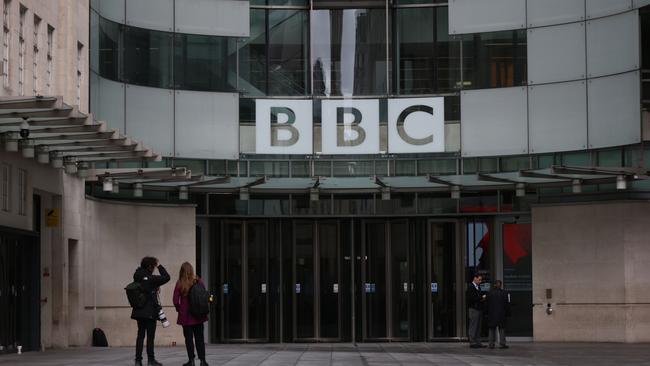
This is why anybody who tells you that the past week of nonsense has been all about the BBC’s impartiality guidelines, or the minutiae of Gary Lineker’s contract, is missing the bigger picture. It is also why I’m inclined to give short shrift to anyone who says - be it in a TV interview, or a column, or a tweet, or a comment under this very article - that somebody in Lineker’s position should simply resist sharing their view, however passionately they may feel it. Because, well, that’s not so easy these days, is it? As seen by you.
It is very easy to demand that certain people in public should be politically impartial. It’s harder, though, to spell out exactly what that means. Deep down, everybody has political views, save perhaps for God and some Love Island contestants. Although anyone who has read the Bible may quibble with half of that.
True, many figures work very hard to never give even the smallest clue of what their views might be. Most newsreaders aspire to this, although it’s tricky when sober even-handedness has become a political statement in itself. Traditionally royals should do similar, although I do recall that the King was reported to have called the Rwanda policy “appalling”. Good job he doesn’t reply to tweets too.
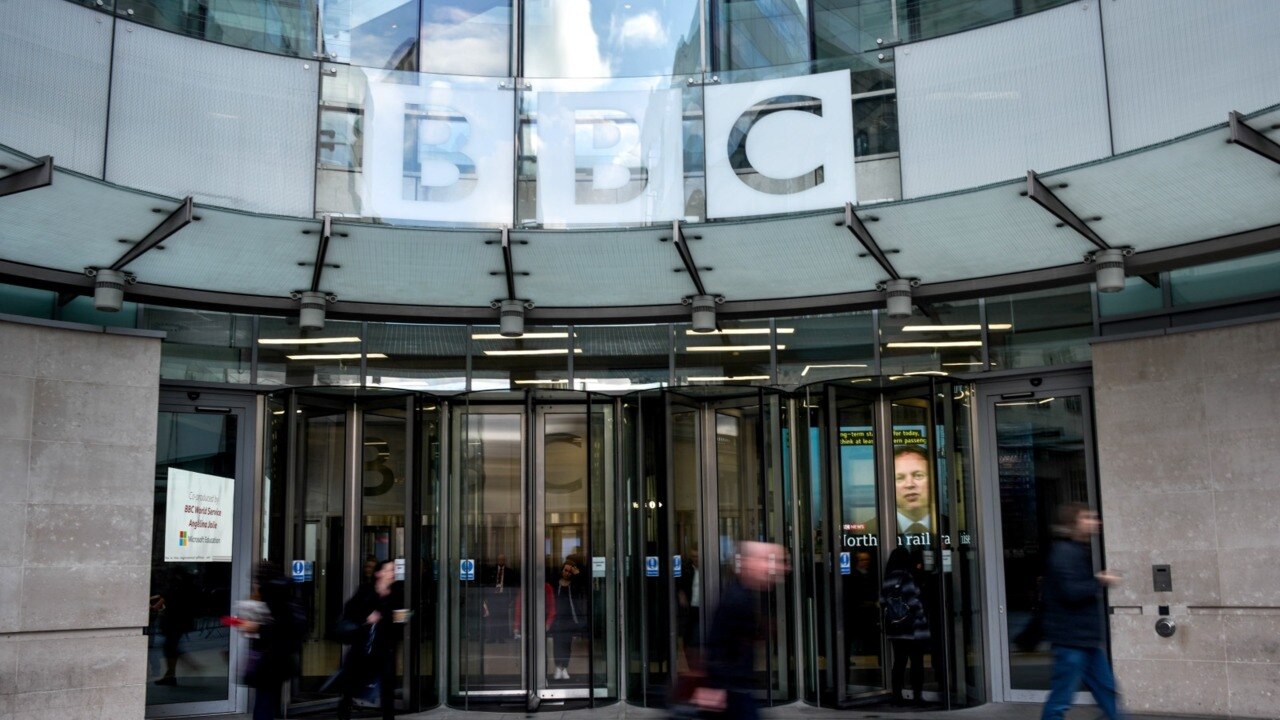
There are also those who have views that are widely suspected, but who are at pains never to confirm them. Nick Robinson was once the president of the Oxford University Conservative Association, and Andrew Marr was a student Maoist. Both, I would say, have managed to park that. Others know what they think and frequently say it, but will also aim to ascend to impartiality when some higher duty demands it. That’s me, I’d hope. And then, finally, you have the shamelessly partial, who fervently believe that everybody else is just lying. Ignore them, though. They’re mad.
One under-appreciated change of the past 20 years is how much easier it has become to find out what people with a commitment to impartiality really think. Consider, for example, Jon Snow of Channel 4 News. Always suspected of being a lefty, he confirmed it in 2017 by having too much to drink at the Glastonbury Festival and shouting “f..k the Tories!” with a bunch of students who then tweeted about it. Whoops. Whereas in the olden days, unless Snow had shouted it while standing next to another political journalist (quite possible at Glastonbury, actually) the world may never have known.
Lineker was not in this situation. This particular tweet may have had a wider audience than he intended, but he wasn’t inadvertently overheard or betrayed or announced. Nor, though, was he deliberately picking the enormous fight he ended up in.

This is not just something that happens to public figures. On Monday, Braverman herself was in The Times calling for the police to tone down their approach to “non-crime hate incidents”. What she means is cases where people are investigated, and have their names recorded, for nothing more than causing offence. “People are perfectly entitled,” she wrote, “to say things about politics, gender, and religion that others find offensive.”
I think she has a point. What do the 36 Conservative MPs who complained about Lineker to the BBC think? Hide behind wibble about BBC impartiality all you like, but this isn’t the BBC’s problem to fix. It’s about all of us, and how instinctively we overshare. Also, more than that, it’s about how insidiously we’ve drifted into thinking that comments whacked out on a smartphone matter as much as those delivered from a party conference stage, even though we’re well overdue a realisation that they ought to matter far, far less.
THE TIMES
More Coverage


